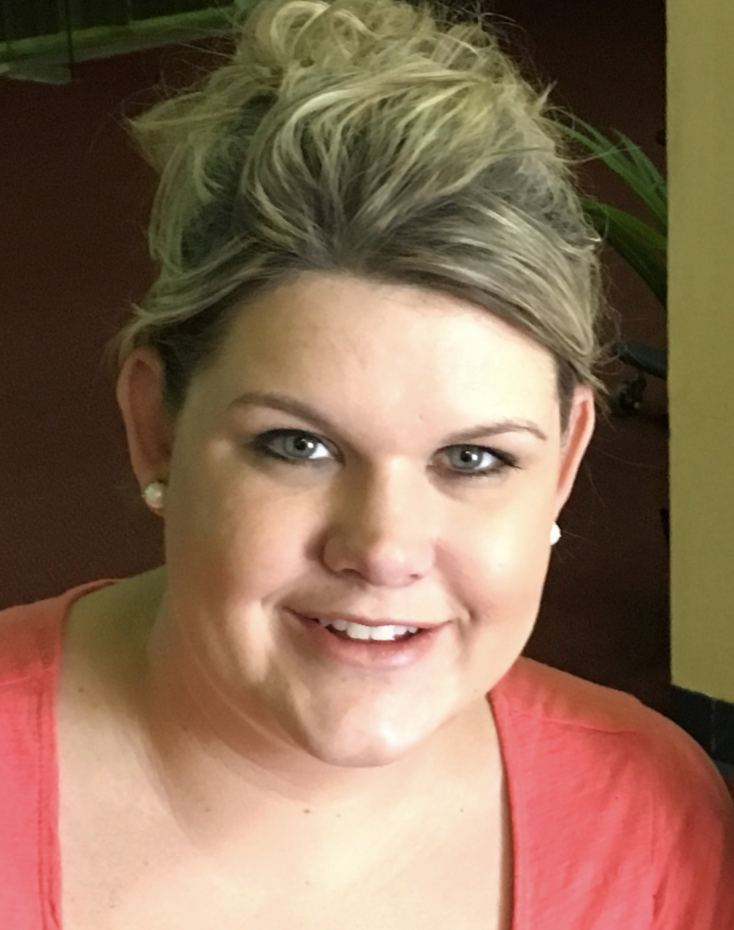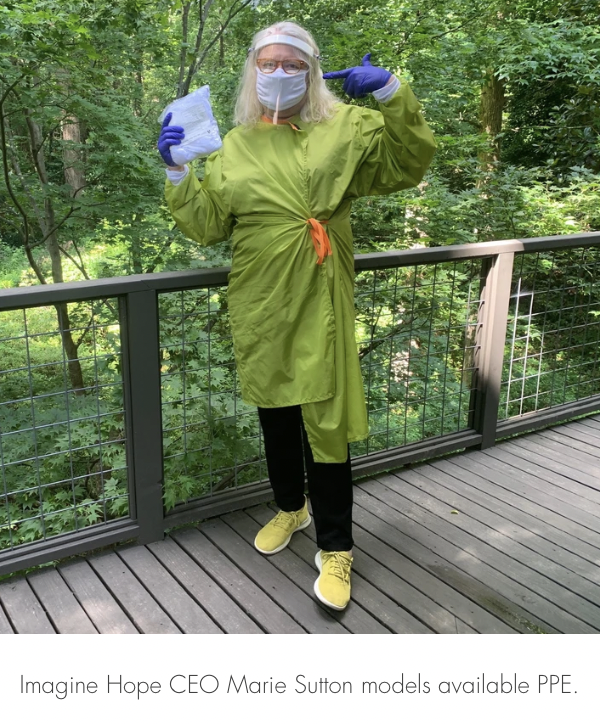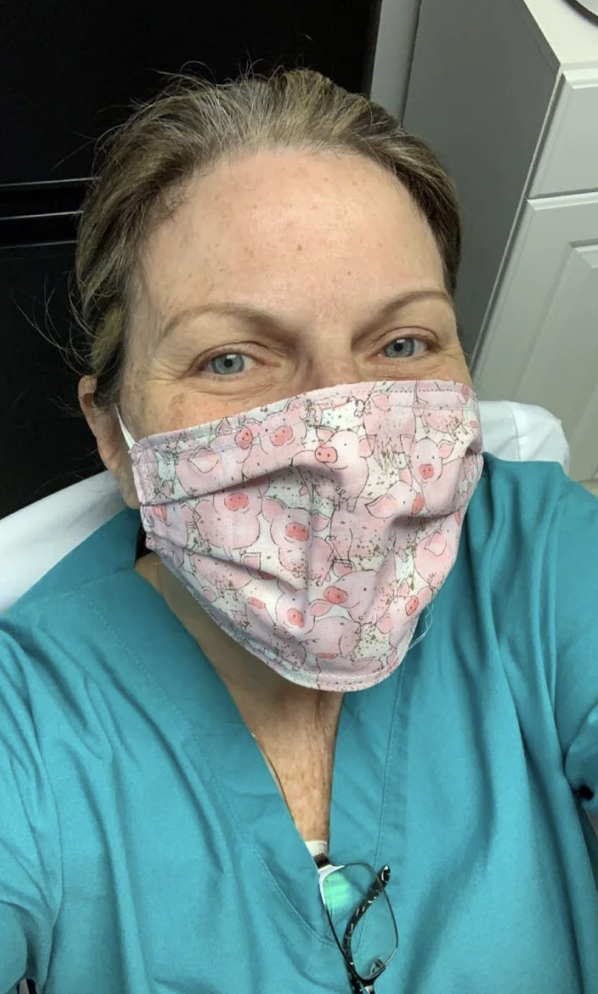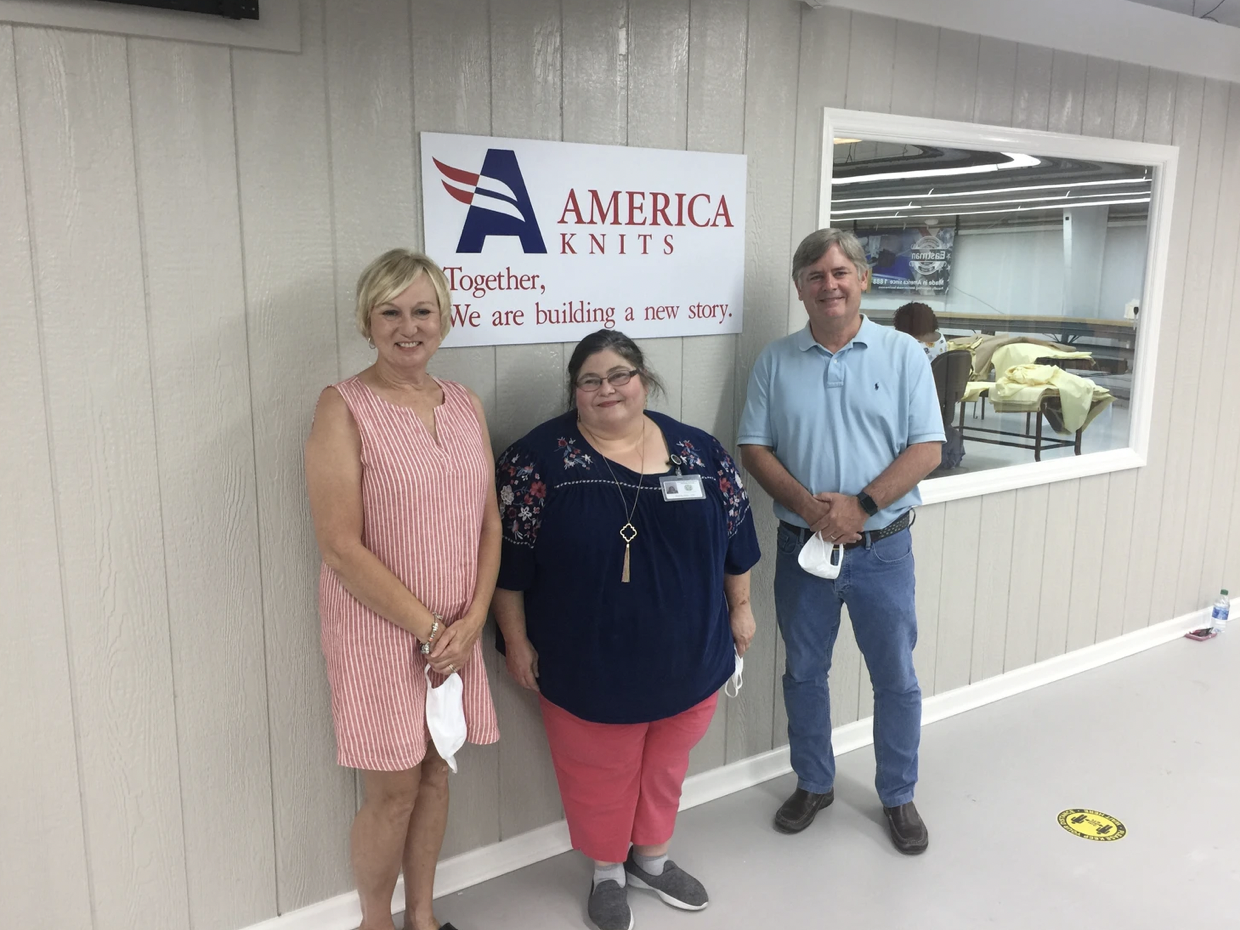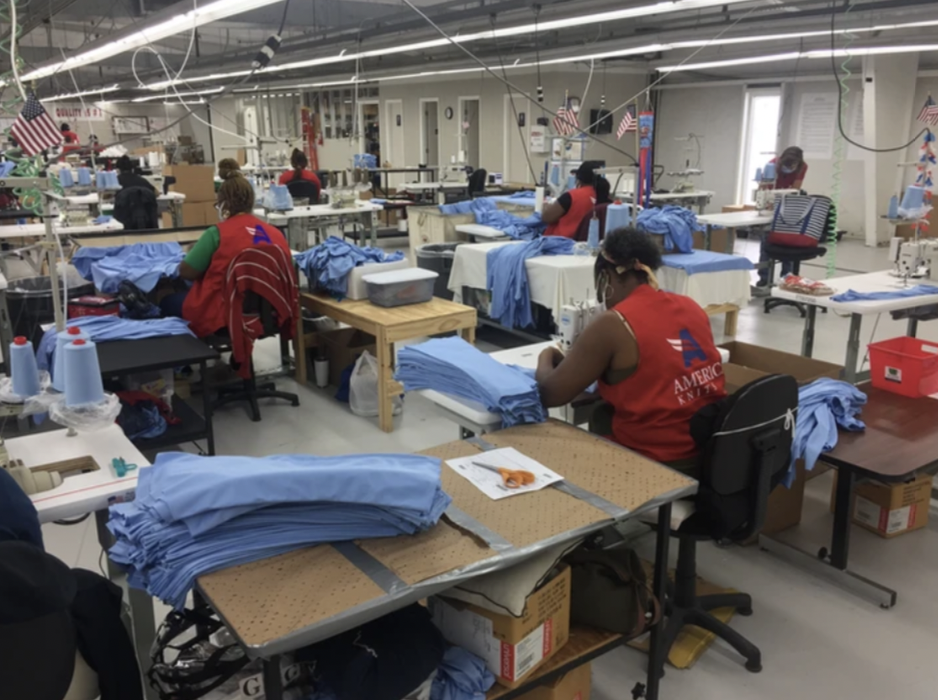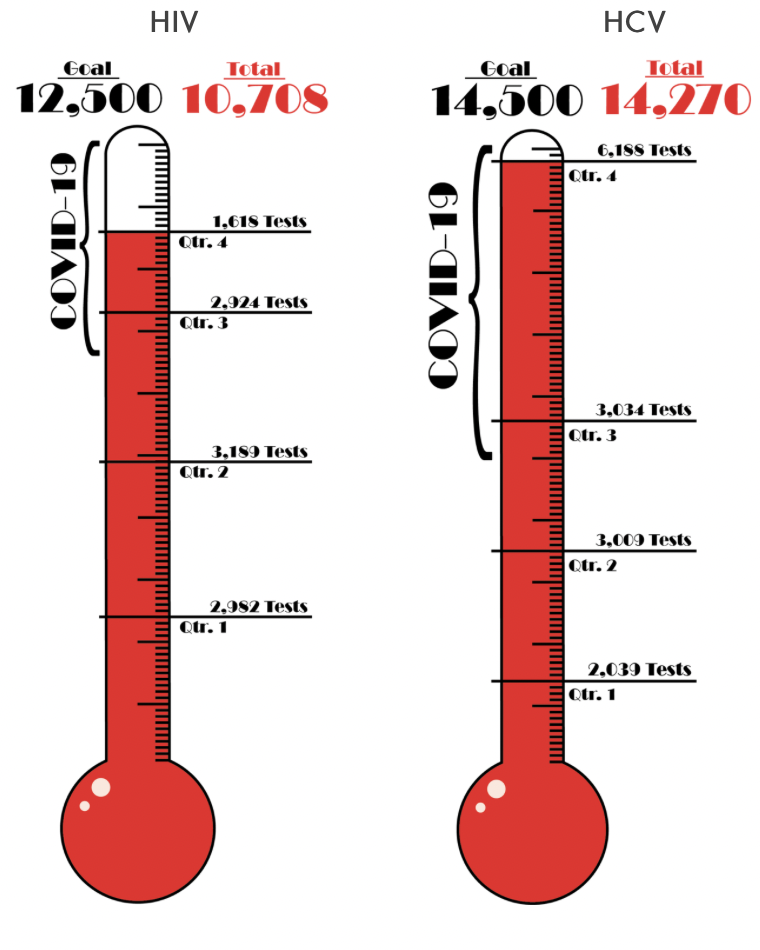Quarterly Report | Q2/2020
“When I walk through the outpatient waiting room, clients rush to me asking to be tested.”
– Theresha Threadcraft, RN Aspire Health, Albany
Impressive HIV & HCV Testing at Aspire
On April 7, Albany was identified as one of the worst coronavirus hotspots in the country. Cases were skyrocketing, area hospitals were under siege, and supplies of personal protection equipment (PPE) were all but exhausted.
And yet, during April, May, and June, Theresha Threadcraft of Aspire provided HIV screening to 67 clients and performed 53 hepatitis C (HCV) screens. During the quarter she also diagnosed three HIV-positive clients and linked them to treatment, submitting the necessary paperwork to Imagine Hope and the Department of Public Health.
Over the same time period, Theresha worked closely with 6 HIV-positive clients to support their adherence to medical treatment and offered linkage to care to clients diagnosed with chronic HCV. To date, two of her HCV-positive clients have begun taking medication and a third has been approved to begin treatment.
When she first launched HIV testing, and then HCV screening, at Aspire, Theresha set out to engage her co-workers. “I walked the halls. I hung up flyers advertising free HIV and HCV testing. I talked about how important it is for clients to be tested for HIV and HCV. I asked my co-workers to let me know when anyone wants free testing.”
And they do. Nurses, counselors, therapists, and front-office staff all participate in the testing program. “Some of the nurses ask clients if they want testing – and if a client asks for an HCV test, they’ll draw a tube of blood for me,” says Theresha.
And the demand from clients is high. “When I go to the lobby to bring someone back to my office for testing, by the time they get back to the waiting area, two or three more want to be tested. It happens every time.”
She credits Aspire teamwork, the new Aspire MAT program, and the fact that she is available without an appointment for the success of the testing program. “And everybody knows how much I love this work. I love every minute of it.”
Creative Response to COVID Crisis
In southwest Georgia, the town of Americus is just 37 miles from Albany, one of the nation’s worst COVID hotspots. By April, Albany hospitals were deluged and cases were being referred to Americus
The virus was spreading rapidly and the demand for COVID testing skyrocketed. “We wanted to provide testing for vulnerable residential clients without putting them at risk for exposure,” says Ansley Evans, HIV and Infection Control Coordinator for Middle Flint Behavioral Health Care. Rather than transport clients to the hospital, Ansley arranged to provide COVID testing on site.
Personal protection equipment (PPE) was scarce. “Before we received PPE from Imagine Hope, it was hard to get masks and we had no gowns or shoe covers. So we did whatever we could to protect ourselves and the individuals we serve.“ Middle Flint nurses cut holes in heavy-duty 50-gallon trash bags to make gowns; they made shoe covers out of plastic bags from Walmart.
Year End HIV & HCV Screening
HIV: July 2019 - June 2020 HCV: April 2019 - July 2020
“Before we received PPE from Imagine Hope, we had no gowns or shoe covers, so we made gowns from trash bags and used plastic Walmart bags as shoe covers."
- Ansley Evans, HIV/Infection Control Coordinator Middle Flint Behavioral Health Care, Americus
In response to the pandemic, Imagine Hope has secured PPE for the HIV EIS team.
If you're in need, we have a limited supply available through the website www.imaginehope.com. Just click on Resources and choose Order PPE from the drop-down.
Between April and June, Ansley managed to perform 22 HIV tests and made sure her Zoom account was HIPPA compliant so that she could virtually connect with HIV-positive clients. “Most are dealing with both a substance use and a mental health diagnosis. I call at least once a week to ask how they’re doing with their medication. When they have doctors appointments, I ask if they want to share how that went – just to provide another layer of accountability for them. I started with phone calls but you can’t always tell how someone is doing just by the sound of their voice. You have to put eyes on them.”
“Everybody that I serve has suffered some kind of discrimination; they have all had the experience of being judged. So when I reach out to an HIV-positive client, I’m conscious that there may be people who are wary about having contact with them. Human connection is so significant. By letting them know that I care about their health, I feel like I make a difference in their lives which makes mine so much better.”
Ansley has also been in touch with a network of community organizations – the school boards, the Sheriff’s Offices, food banks, and 11 Department of Public Health offices within the Middle Flint service area - telling them that HIV testing is still available at Middle Flint - and that the agency is taking every precaution to provide testing safely in a confidential setting.
"I am really excited that we are able to extend this program to our patients."
- Maureen Bremm Gateway Treatment Services, Ellijay
At Gateway Treatment Services in Ellijay, Maureen Bremm had just begun providing patients with HIV and hepatitis C screening in late February when the first coronavirus case was diagnosed in Georgia. During the April-May-June quarter, the pandemic arrived in full force, lighting up hotspots first in the southwest and then in the northeast, in Gainesville - less than 50 miles from Ellijay.
During the quarter, Maureen managed to do 25 HIV tests and 17 HCV tests. “I am really excited about the fact that we are able to extend this program to our patients. So many of them don't have the means to get these things checked out so they put it on the back burner. When I tell them that we offer free testing they are just very appreciative because they want to know their status.”
Ellijay is a town of less than 1,600 at the confluence of two rivers in the scenic north Georgia mountains. “Most of the people here have been in the area for generations," says Maureen. "Nearly all of our patients know each other from going to school together. We have a saying: Around here, everybody knows everybody's mama."
“Since we're an opioid recovery clinic, we serve a lot of people who have an opioid use disorder. Patients that we've treated tell us that if it wasn't for this clinic, they would be dead. And I would quote that. I've seen relationships restored. I've seen new marriages; I've seen people hold down jobs. This has been a really positive thing for our community.”
"In this small, tight-knit community, believe it or not, there is a very big drug culture. But while a portion of the people that we serve started in high school, many of our patients were put on pain medication for a broken leg or the extraction of a wisdom tooth - that was before we realized the true impact of oxycodone. As a member of the community, I am so grateful to have a clinic here to help the us get through this."
Georgia Mountain Clinic Launches HIV and HCV Testing
In April, with the shortage of personal protection equipment reaching a crescendo, Wendy Felix made a crucial connection – one that would affect the Imagine Hope testing program statewide.
Wendy Felix, Infection Control Nurse for the CSB of Middle Georgia is pictured above with Imagine Hope QA Nurse Tina Gossett (left) and America Knits President Steven Hawkins.
“I was watching the news and I saw a story about America Knits in Swainsboro; the company was converting from T-shirt production to making masks,” says Wendy. The next day she called, explained who she was, and stressed that the agency was local.
Making a Way Out of No Way
At the time, America Knits had outstanding orders, including one from the Presidential Task Force. But Wendy was able to have shipments expedited – not only for the CSB of Middle Georgia but for Imagine Hope. “I explained to them that the Imagine Hope masks would be distributed all over the state of Georgia, including some that would be used locally. They were happy to help.” It didn’t hurt that she and Imagine Hope Quality Assurance Nurse Tina Gossett brought pizza when they toured the facility. “They're always happy to see us come,” laughed Wendy.
With the pandemic spreading across Georgia, the agency stopped nearly all in-person contact with clients for several months. “From late March until the end of June, the only patients coming into the clinic were there for emergency labs or injections," says Wendy. “We just resumed face to face visits – including HIV testing – at the end of June.”
Asked what has stood out to her during the crisis, Wendy talked about front line workers. “The determination is what struck me,” says Wendy. “People are willing to pitch in and do whatever's needed to make sure our clients are safe and well - a lot of times putting themselves at risk. We've just seen a lot of good teamwork during this time.”
“But I see that determination in all essential workers. A cashier at Walmart is exposed to thousands of people a day. That takes courage – and gets little to no recognition. I'm thankful for those workers.”
This has been a remarkable year. Although we were not able to come together at our annual meeting, we did have the opportunity to speak with nearly all of you during the advent of COVID.
We have witnessed your extraordinary determination and commitment. You faced enormous challenges and overcame daunting obstacles - on behalf of your clients and the work that we do together.
We could not be prouder to be associated with such a remarkable group of healthcare workers.
You can be very proud of the results depicted below.


